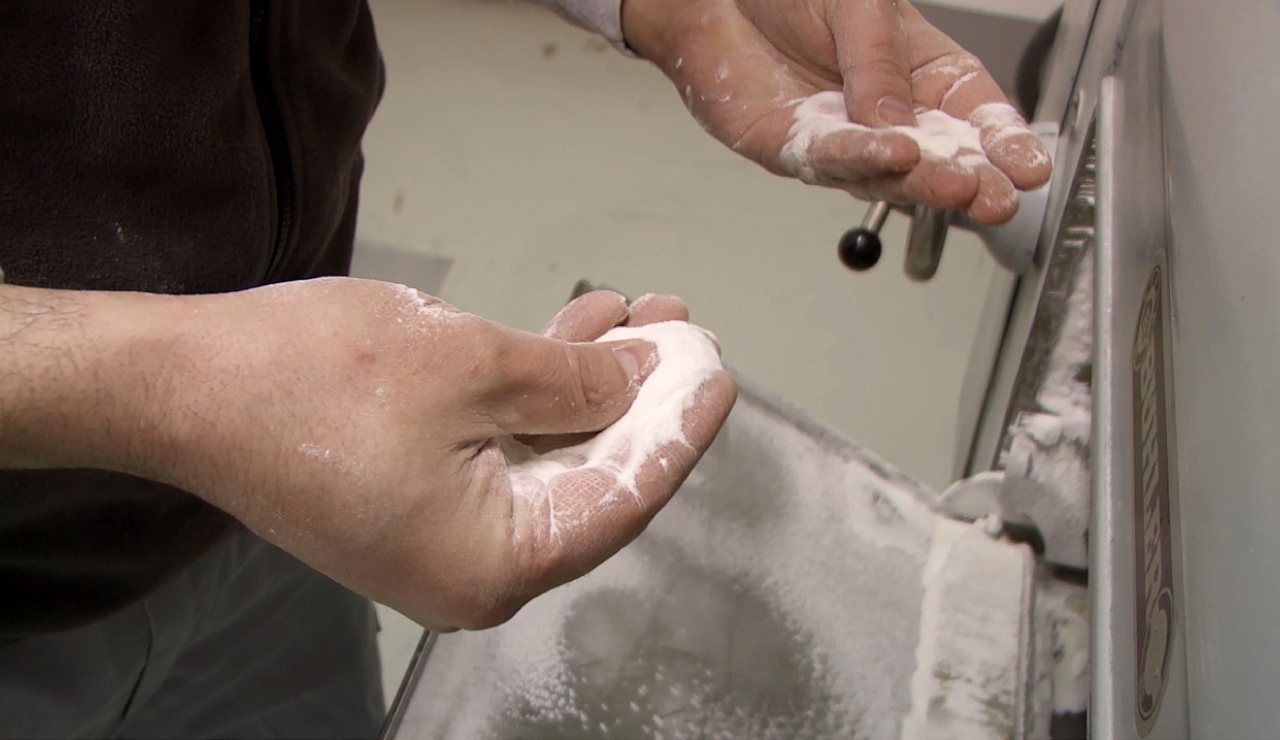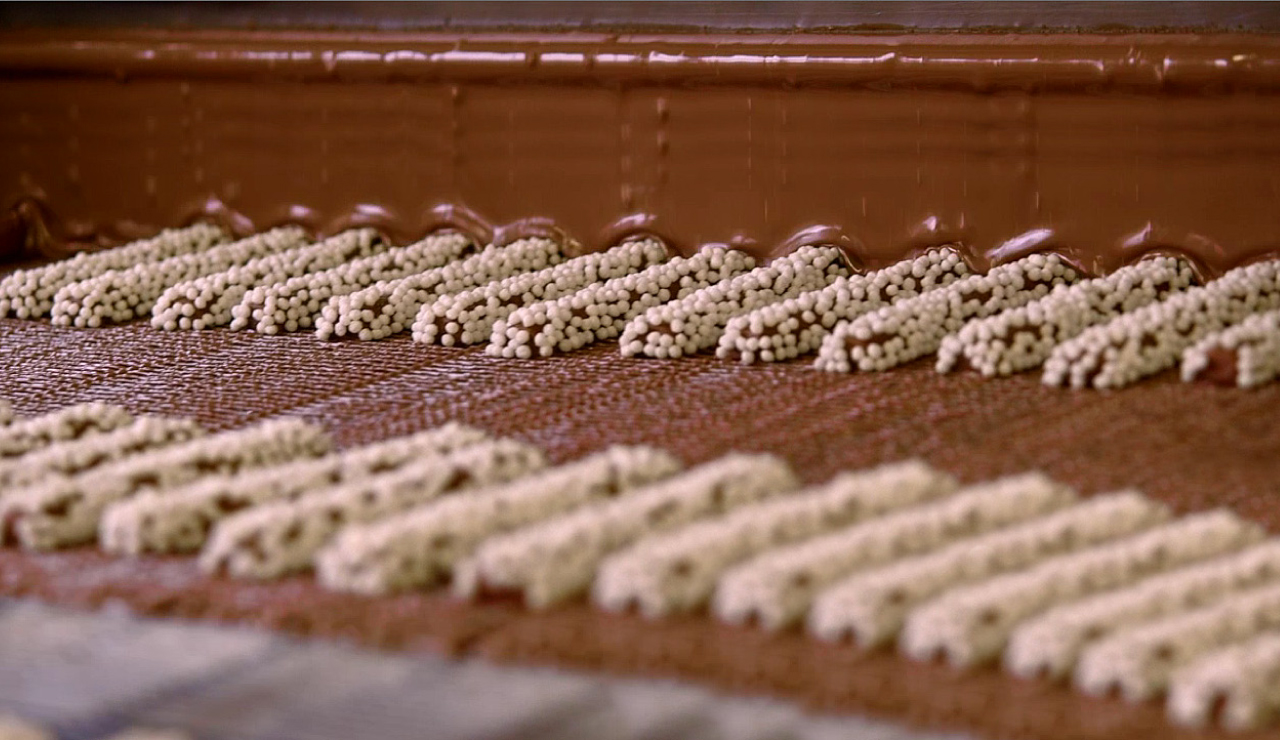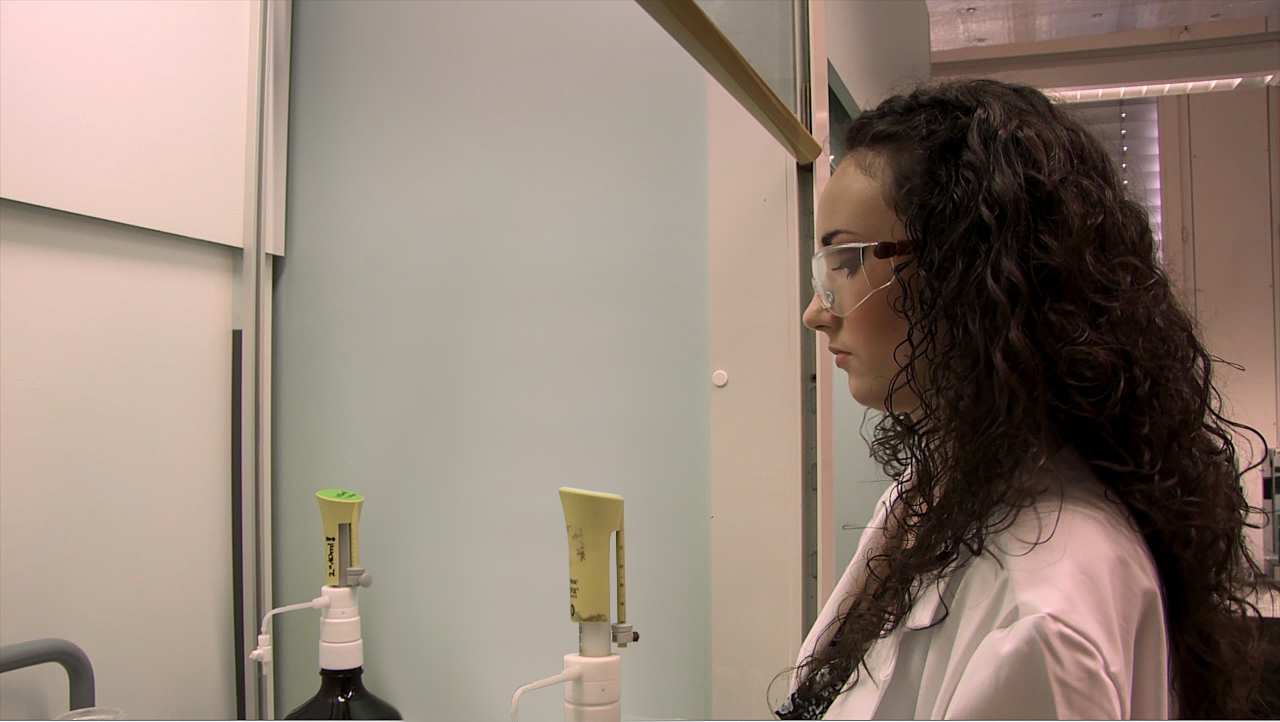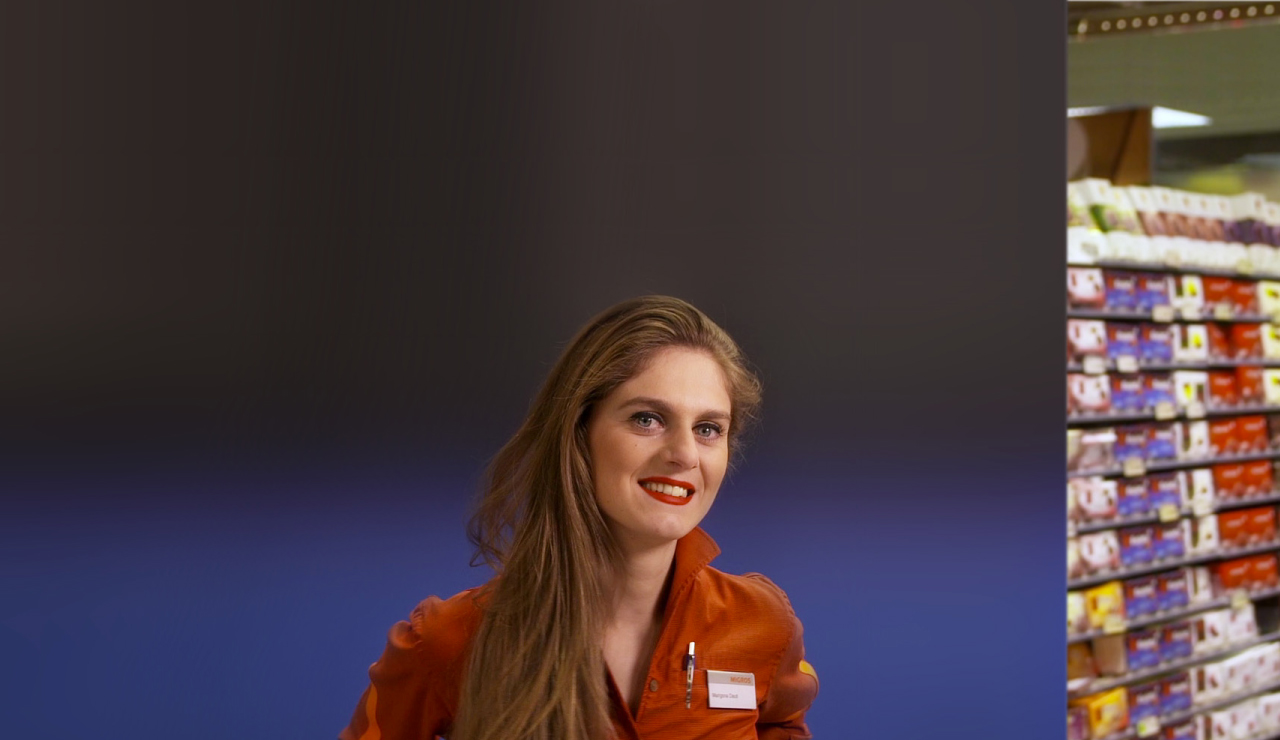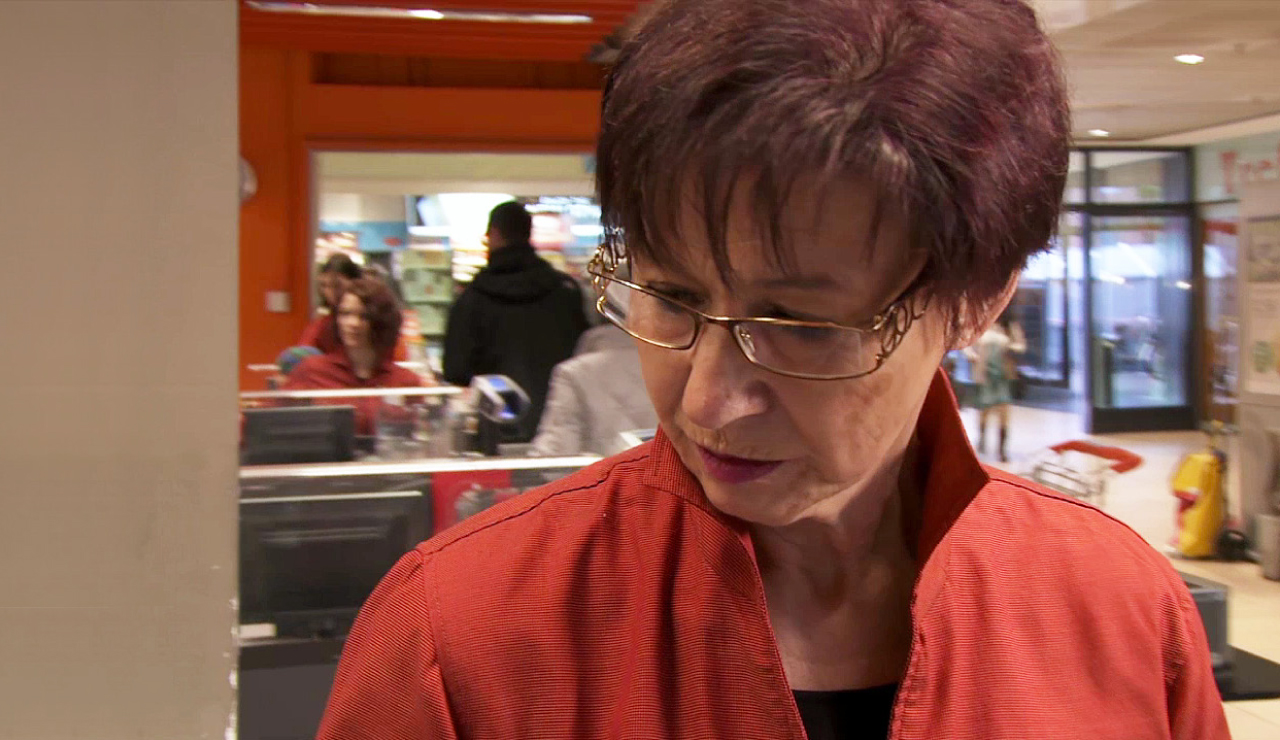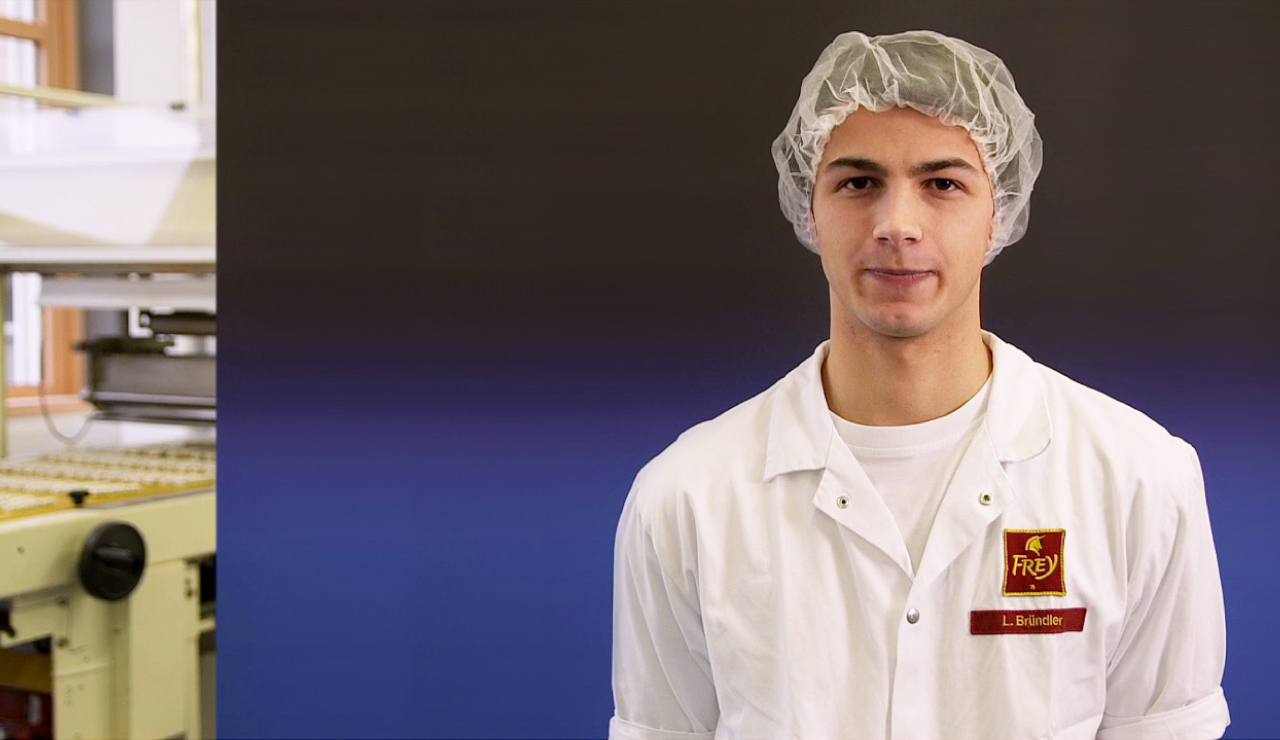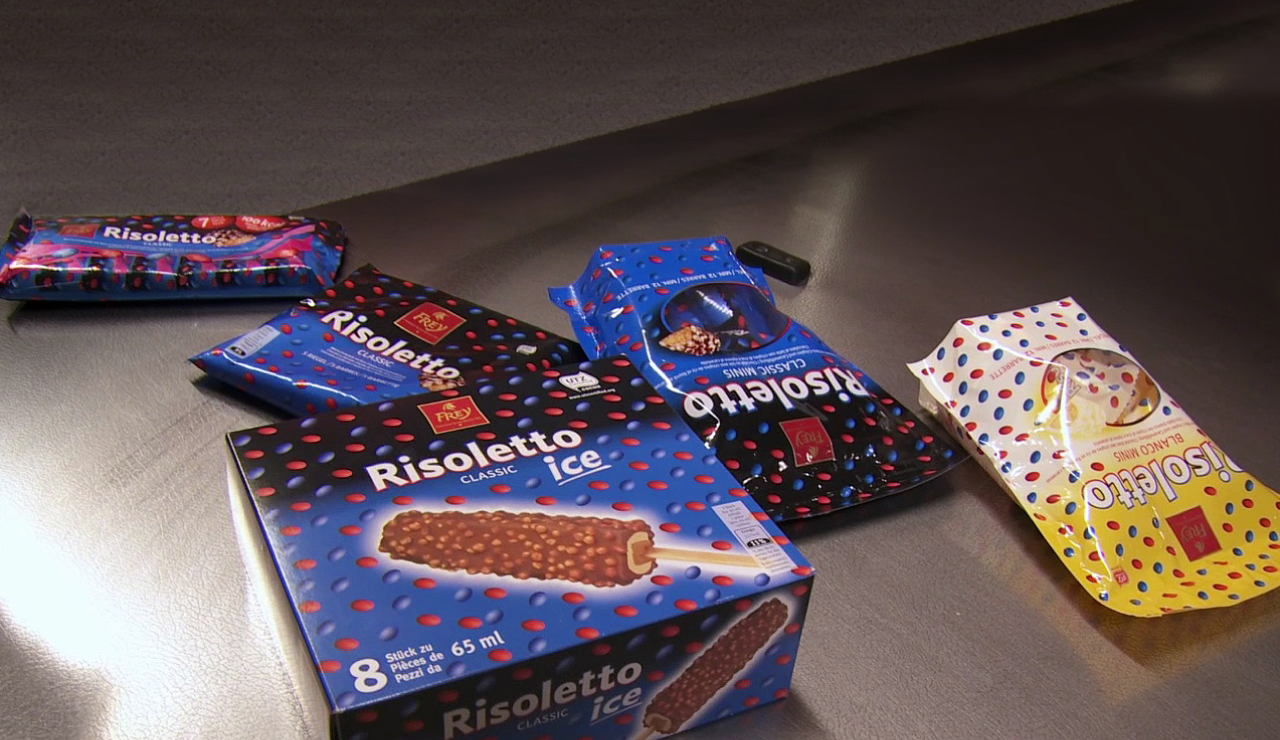Progress 2013
In 2013 Migros continually made progress socially and ecologically. The following review shows how far it had come by the end of 2013 in implementing its most important goals.
Basic social and ecological requirements in the Migros Group
In 2011 basic social and ecological requirements were defined for all companies of the Migros Group. In the initial step, the issues affecting the companies were analysed. In the second step, the implementation of the basic requirements was started. The implementation phase of the project was completed at the end of 2013. Most of the requirements are now applied in regular operations1 . The remaining ones will follow during 2014. At the end of 2013, the basic requirements affected 22 companies; companies that became part of the Migros Group after project start-up are being continuously included in the process.
1 A company is in regular operation if the requirements are known to it, the suppliers and their status are recorded in the SIM database, the current situation has been addressed, and the implementation plans and their deadlines have been defined.
Table basic requirements (Migros Group)
| Issues | 2013 measures and outlook |
|---|---|
| Recording and processing of supplier data | Every supplier is added once to a central database. On the basis of a risk assessment, requirements and processes are defined for each supplier. The status of the relevant issues is updated continuously. At the end of 2013, more than 9000 suppliers of 22 companies had been recorded in the database (including preliminary stages: more than 11'000). Suppliers of other companies such as Schild, tegut and Bergsenn will be added in 2014. |
| Social acceptability | Business Social Compliance Initiative (BSCI) code of conduct: of the 22 companies, ten apply the BSCI in regular operations for their suppliers and preliminary stages. Twelve companies met some of the requirements and will also start applying the code in regular operations in 2014. |
| Food safety | 21 companies are incorporated in the food safety process for processed foods. Eight companies apply the process in regular operations, eleven met some of the requirements, and two will apply it in regular operations by the end of 2014. A new concept was developed in 2013 for the inspections at small suppliers. All companies use standardised checklists and assessment grids for audits. |
| Good agricultural practices | The relevant producers, traders and importers of fruit and vegetables are members of GlobalGAP/SwissGAP. The systematic recording of the suppliers of each company, as well as the control measures, will be performed in 2014. |
| Protection of the seas | Micarna has been a full member of the WWF Seafood Group since 2013. A group contract between WWF and five other companies of the Migros Group has been in place since December 2013. The fish products of these companies are regularly assessed by WWF. Three other companies procure exclusively through these companies; a further company will implement the requirements in 2014. As a result, nine out of ten are in regular operation. |
| MSC/ASC: The proportion of MSC/ASC certified products is being expanded continuously. | |
| Protection of the rainforests | Wood/paper: 16 companies are implementing measures in their wood and paper range and their packaging material. The objective is for this demand to be 100% FSC certified or from recycled material in the medium term. An implementation plan is in place for each company. All 16 companies made great progress, including Frey/Delica (100% of packaging) and Jowa (85% of packaging). |
| Palm oil: the FMC represents the interests of the Migros Group in the Roundtable on Sustainable Palm Oil (RSPO) as well as in the RSPO Group of European Retailers. The FMC will ensure that all companies use only sustainably produced palm oil by 2015 at the latest. | |
| Soya: the FMC presides over the Soy Network Switzerland. The aim is for at least 90% of Swiss farm animals to be fed with sustainable and GMO-free soya from the end of 2014. This benefits all Migros companies. | |
| Animal welfare | Eggs: all affected companies ensure that only barn and free-range eggs are used, including in food processing. Corresponding proof is requested randomly from suppliers. |
| Rabbit: six companies now only sell meat from rabbits that are reared in accordance with Swiss animal welfare law. One company has not yet presented all confirmation. | |
| Genetically modified organisms | The Migros companies do not sell any food that falls under the duty of declaration. |
| Nanotechnology | The companies are in possession of the nanotechnology code of conduct, which they apply where relevant, such as within the Mibelle Group (cosmetics). The implementation aid developed by the government in 2013 is available to the companies. As part of the Swiss retail stakeholder group IG DHS, Migros participates in the nanotechnology working group. |
| Compliance | A new, modern code of conduct was introduced for the Migros Group. It will be implemented in the Migros companies from 2014 onwards. The implementation measures include providing the code of conduct to the employees as well as other awareness measures. The compliance system is being continuously enhanced. |
Progress in the core business
In 2013 Migros continued to make progress socially and ecologically – you can find out more about this in the individual sections. A number of goals were also set out within the framework of the sustainable development programme Generation M in the form of promises to the next generation. A full review of how goals were achieved in all of the promises can be found on the website (in german).
Progress table: Sustainable development management
| Issues | Objectives & measures |
|---|---|
| Strengths of sustainable development within the company | At the World Retail Congress, Generation M was named the world's best sustainability initiative of 2013. |
| In 2013 eleven new promises were made to Generation M; nine goals were achieved, 31 are on course, four are not on course and one was narrowly missed. More than 50 promises have been made in total since the launch of Generation M. | |
| The Migros Industry companies introduced a sustainability strategy. All 17 companies are aiming to implement an environmental management system according to ISO 14001 over the coming years. | |
| The FMC agreed principles for responsible marketing communications. | |
| Promoting the stakeholder dialogue | Users of the internet platform Migipedia helped develop seven products. |
| Binding agreements were concluded with the IP Suisse producers for the next five years. | |
| Migros and WWF won the 2013 Humagora Award in the large company category for their competition idea «Idées Vertes». |
Progress table: Sustainable consumption
| Issues | Objectives & measures |
|---|---|
| Procurement of sustainably produced raw materials | Migros promised to apply the Swiss animal protection standards to its entire range of animal products from abroad by 2020. |
| Migros Catering has made a commitment to only offer Swiss beef, veal, pork and chicken by 2015 at the latest. | |
| 94% of the entire fish and seafood range originates from sustainable sources; for fresh fish, the total already stands at 100%. The proportion of organic fish in the farmed fish range was 12%, and the proportion of MSC fish in the wild-caught range 46%. | |
| All Chocolat Frey chocolate and various kinds of tea have been converted to UTZ certified. | |
| 65% of all palm oil that is processed for food production in Migros Industry has been switched to physically traceable, sustainable palm oil. The balance is covered with mixed products or certificates. | |
| A procurement policy to promote wood, paper and pulp from sustainable sources was introduced. 83% of all wood and paper products already originate from sustainable sources. | |
| 2014 all Migros advertising material will be produced from paper and cardboard in environmentally friendly recycling or FSC quality. | |
| Since the middle of 2013, Migros has completely ceased selling peat soil: all garden soils have been switched. | |
| Further development of manufacturing conditions and competency of suppliers | A BSCI audit was conducted at 206 suppliers. 58% met the requirements partially or in full. |
| Migros is aiming to improve the working conditions of 75'000 employees in supplier companies by 2015 – in 2013 it reached 25'392 people in 51 factories through training, courses or programmes. | |
| More than 1000 suppliers and small farmers in Italy and Spain are included in the GRASP process. | |
| Together with WWF Spain, Migros conducted water audits at 44 strawberry producers. | |
| Investments in product safety & transparency | Migros carried out about 20'000 product tests, with 14 products having to be recalled because of faults. |
| By the end of 2017, all Migros own-brand textiles will be manufactured in accordance with the Eco standard; for clothing, the figure was already 72% at the end of 2013. | |
| Migros stopped selling chemicals and pesticides containing substances that are potentially harmful to bees. The product range will be continuously reviewed from 2014 onwards. | |
| By the end of 2018, eight out of ten own-brand washing and cleaning products will be particularly biodegradable. | |
| Till receipts are being switched to bisphenol-free paper. | |
| Development of products with social or ecological value added | Compared to 2012, sales of products with sustainable and regional labels rose by 8% to CHF 2.8 billion. This represents 19% of overall sales by Cooperative Retailing. |
| Organic for everyone: Migros reduced the prices of around 100 organic products. Sales of organic products rose by 9% to CHF 517 million. | |
| Migros funded a project for producing rapeseed oil organically, as well as for developing natural remedies for the organic aquaculture of salmon. | |
| In the Zurich area, Migros opened three Alnatura stores and introduced Alnatura products in individual Migros supermarkets. | |
| Migros tightened up its guidelines for meat: TerraSuisse calves must now be given more freedom to roam outdoors, and use of antibiotics is also limited; soya was banned as a feed supplement for Weide-Beef, Bio-Weidebeef and TerraSuisse pasture-raised milk. | |
| Sales of Fairtrade products rose by 17% to CHF 99 million. | |
| Sales of FSC-certified products was CHF 196 million. More than 80% of wood and paper products originated from sustainable sources. | |
| 32% of all electrical appliances already meet the highest energy class standards. They carry the Topten label. | |
| In comparison to 2012, sales of clothes made from organic cotton rose by 33% to CHF 44 million. | |
| Promotion of a balanced diet | Migros decided to create recipe standards for various food categories. The standards focus on sugar, salt, fat, protein and fibre. |
| The Migros Restaurants and Take Away area have expanded the Délifit line: sales have increased by 2% since 2011. | |
| Some 80 products in the food, cosmetics and household area carry the aha! label. Jowa won the aha! award for its gluten-free centre. | |
| Some 2100 people benefit from free nutritional advice. |
Progress table: Environmental protection
| Issues | Objectives & measures |
|---|---|
| Increased energy efficiency and reduced CO2 emissions | Cooperative Retailing reduced energy consumption by 1.7% and greenhouse gas emissions by 8.0% in comparison to 2010. |
| Power-saving days were held in 18 Migros Group companies. | |
| At the end of 2013, 112 stores had already been fitted with glass doors. In 2010 Migros was the first Swiss retailer to fit glass doors to its «plus» freezer cabinets. | |
| The volume of renewable energy in the total heat consumption amounts to 15.4%. | |
| Migros is one of the biggest purchasers of renewable power in Switzerland, and in 2013 bought 84 GWh of certified green electricity. | |
| In 2013 four new solar power plants installed on Migros roofs went into operation, including Switzerland's largest photovoltaic plant. In total, 30 photovoltaic plants are installed on Migros buildings with an installed output of 12'190 kilowatt peak of electricity. | |
| Migros is still Swiss Minergie champion: 41 Migros supermarkets and over 50 other buildings and migrolino filling station shops carry the Minergie label. This represents a total area of 872'185 m2. | |
| Migros decided to construct all new buildings and conversions of Migros stores in accordance with the standard «Nachhaltiges Bauen Migros» (Migros sustainable building) from 2014 onwards. | |
| Promotion of environmentally-friendly transport | Migros' own fleet of lorries is constantly being updated: 73% of the total kilometres travelled is done using low-emission lorries of Euro-categories 5 and 6. |
| Migros is the biggest customer of SBB Cargo. In 2013 Migros' goods wagons travelled a total of about 10.7 million kilometres, more than 8% up on the previous year. | |
| Shipments between the Migros Distribution Centre Suhr and the operations centre of Migros Vaud in Ecublens were fully switched to rail. | |
| Since 2013, textiles from Southern India are being imported via Italian ports, which reduces energy consumption by 30% and carbon dioxide emissions by 16% on this journey. | |
| Reduction of operating waste and expansion of the take-back system for customer waste | Since 2013, all Migros stores take back all household plastic bottles as well as CDs and DVDs. |
| About 98.6% of all food sold by Migros is also used as such. The cooperation with charity organisations has been stepped up. | |
| Detailed packaging data of Migros Industry was recorded and a standardised strategy for environmentally-friendly packaging was developed. | |
| More product packaging was optimised. For example, the plastic cover on ready-made salads was replaced with a foil – depending on the size of the packaging, this can reduce the required material by up to 38%. | |
| Migros uses returnable containers for transport: more than 93'000 tonnes of cardboard was saved in 2013. |
Progress table: Society
| Issues | Objectives & measures |
|---|---|
| Promotion of culture and education | In 2013 the Migros Culture Percentage invested around CHF 120 million in culture, society, education, leisure and the economy. |
| 391'000 people took part in 600 diverse courses and seminars at the Migros Club Schools. These also included language courses which help the integration of migrants. | |
| Extending social commitment | With the Migros Culture Percentage, the sponsorship activities and the Aid Fund, Migros is investing one billion Swiss francs in leisure, education and culture between 2013 and 2020. |
| The newly established commercial office of the Engagement Migros development fund commenced operations. A total of CHF 8.7 million was made available in 2013 (CHF 4.8 million spent). | |
| The Migros Aid Fund supported 23 projects in Switzerland and other countries with a total of CHF 1 million. | |
| Commitment to leisure activities | Migros consolidated its leading position in the Swiss fitness and wellness market: nine new fitness centres were added in 2013 and the «Health and leisure» strategy was introduced. |
| Over 216'000 runners took part in running events sponsored by Migros in 2013. Migros aims to continue facilitating running events which benefit over 200'000 sports enthusiasts every year until 2015. | |
| Diverse sponsorship | Migros Sponsoring promotes health, supports ecological efforts and assumes social responsibility on young talent projects: in 2013 cultural, environmental and sports experiences were made possible for 241'204 children. |
| Following its involvement in 2007 and 2010, Migros again supported the Swiss Wrestling and Alpine Festival in 2013. The event attracted more than 300'000 visitors. As an exclusive young talent partner of the Swiss Wrestling Association, Migros also supported wrestling events for children. |
Progress table: Collaborators
| Issues | Objectives & measures |
|---|---|
| The largest private employer | The staff levels of the Migros Group increased by almost 8% to 94'276 employees, primarily due to the consolidation of the retailer tegut and the expansion in individual companies. |
| Migros Industry employs a quarter of all people working in the Swiss food industry. | |
| The net fluctuation rate (voluntary staff departures) was slightly down on the previous year's figure at 5.7%. | |
| Migros is female: the proportion of women was 62%. The proportion of women in managerial posts was 25.8%. | |
| Progressive employer | Migros supports the compatibility of career and family with a broad range of family policy measures and benefits. |
| Real wages at Migros rose by an average of 0.95% as of 1 January 2013. | |
| The Migros Pension Fund provides excellent pension benefits: for a full term of cover, the target benefit is 70.2% of the insured salary at the normal retirement age of 64 for men and women. Migros covers two thirds of the contributions and therefore lies well above the Swiss average. | |
| More than 50'000 employees in some 40 companies benefit from the terms of the collective labour agreement. | |
| Twelve companies from the Migros Group have been awarded the Friendly Work Space® quality seal for exemplary occupational health management (OHM). In 2013 one company was certified for the first time and four others were successfully re-certified. All Cooperatives and the FMC are aiming to become certified by the end of 2015. | |
| Lifelong learning | Migros is the key training provider in Switzerland: in 2013 it employed 3495 trainees in more than 40 different professions; 1384 of these started their apprenticeship in 2013. |
| More than 96% successfully completed their apprenticeship; in 2013, 691 of apprentices were offered a position after graduating. By 2015, it will offer more than 2200 of its graduate apprentices a job. | |
| Migros actively supports the lifelong learning of its employees. In 2013, 673'750 paid training and further training hours were completed in total. | |
| The Migros companies invested around CHF 40 million in the further training of staff (not including salary payments or other absence-related costs) in 2013. | |
| Employee awareness measure | 143 employees from five companies took part in a WWF nature campaign. |
| Power-saving days were held in 18 Migros Group companies. Migros thereby made 40'000 people more aware of responsible energy use. | |
| In 2013, 1164 employees took part in the «Bike to work» campaign – there were more participants from Migros than any other private company in Switzerland. |



